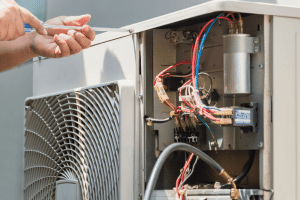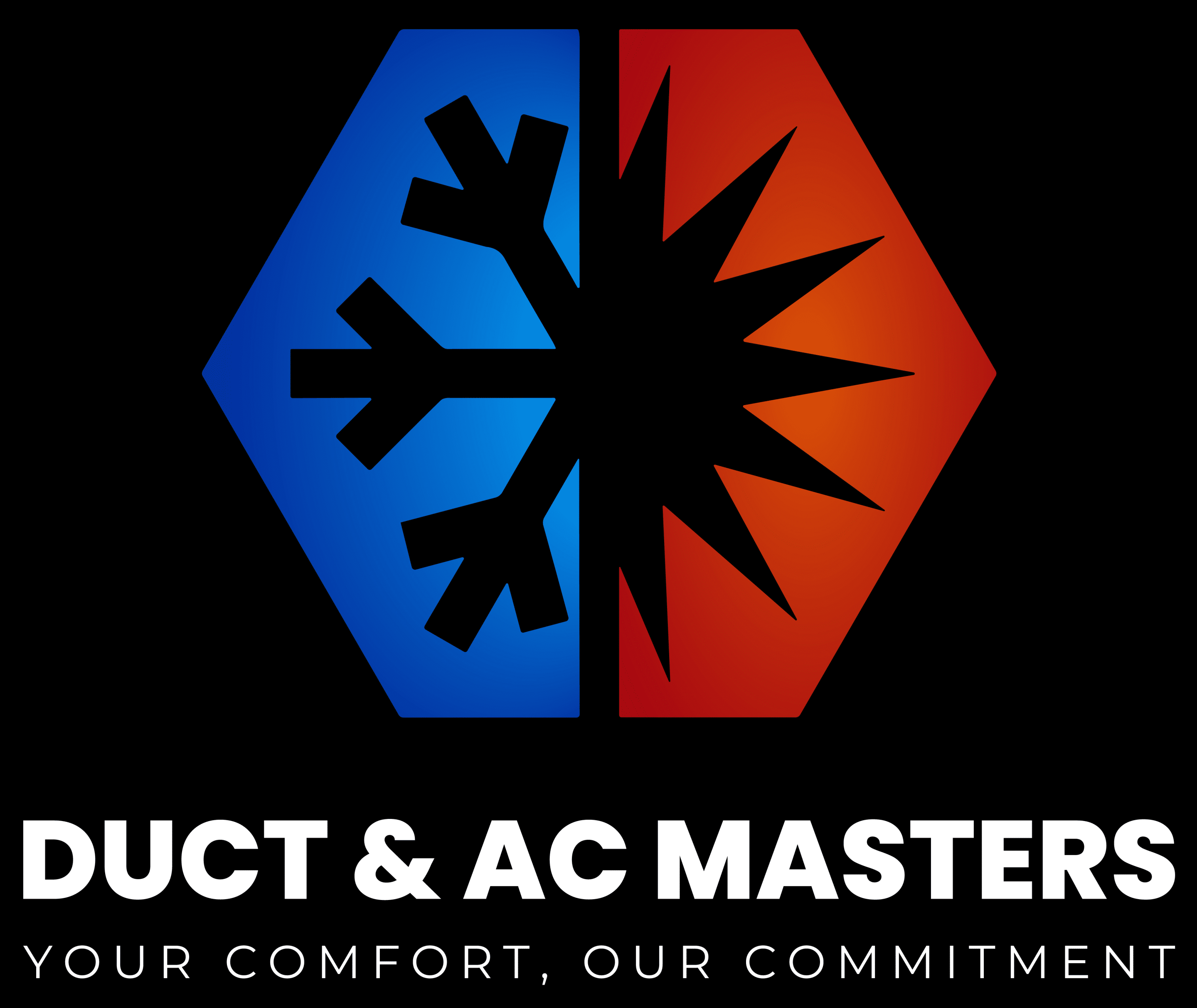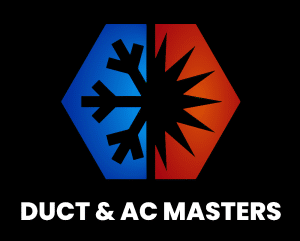
Understanding Air Conditioning Systems
Air conditioning units work by removing heat and humidity from the indoor air, providing a cooler and more comfortable environment. The main components of an air conditioning system include the compressor, evaporator coil, condenser coil, and refrigerant. Each part plays a crucial role in the cooling process, and any malfunction can disrupt the system’s efficiency.
The Role of Refrigerant
Refrigerant is the lifeblood of an air conditioning system. It circulates through the coils, absorbing heat from the indoor air and releasing it outside. If the refrigerant levels are low due to leaks or improper charging, the system will struggle to cool the air effectively.
Importance of Regular Maintenance
Regular maintenance is essential for ensuring the longevity and efficiency of your air conditioning system. This includes changing filters, cleaning coils, and checking for leaks. Neglecting maintenance can lead to more significant issues down the line, resulting in costly repairs.
Common Air Conditioning Problems
1. Clogged Air Filters
One of the most common issues faced by air conditioning systems is clogged air filters. Filters are designed to trap dust, dirt, and other particles, but over time they can become blocked, restricting airflow.
Symptoms of Clogged Filters
-
- Reduced airflow from vents
- Increased energy bills
- Frequent system cycling
Solutions
-
- Regular Replacement: Change filters every 1-3 months, depending on usage and filter type.
- Cleaning: If using reusable filters, clean them according to the manufacturer’s instructions.
2. Refrigerant Leaks
Refrigerant leaks can severely impact the cooling efficiency of your air conditioning system. When refrigerant escapes, the system cannot absorb heat effectively, leading to inadequate cooling.
Signs of Refrigerant Leaks
-
- Hissing or bubbling sounds
- Ice buildup on the evaporator coil
- Warm air blowing from vents
Solutions
-
- Professional Inspection: Have a qualified technician locate and repair the leak.
- Recharging Refrigerant: After repairs, the system may need to be recharged with refrigerant.
3. Faulty Thermostat
The thermostat is the control center of your air conditioning system. If it malfunctions, it can lead to improper temperature regulation and inefficient cooling.
Symptoms of a Faulty Thermostat
-
- Inaccurate temperature readings
- System not turning on or off
- Unresponsive controls
Solutions
-
- Calibration: Ensure the thermostat is calibrated correctly.
- Replacement: If the thermostat is outdated or malfunctioning, consider replacing it with a programmable model for better efficiency.
4. Clogged Condensate Drain Line
As air conditioners cool the air, they also remove humidity, which collects in a condensate drain pan. If the drain line becomes clogged, it can lead to water damage and system malfunctions.
Signs of Clogged Drain Lines
-
- Water pooling around the indoor unit
- Increased humidity levels indoors
- System shutting off due to safety switches
Solutions
-
- Clearing the Clog: Use a wet/dry vacuum or a plumber’s snake to clear the blockage.
- Regular Maintenance: Schedule routine checks to ensure the drain line remains clear.
5. Capacitor Failure
Capacitors are essential for starting and running the motors in your air conditioning system. A failed capacitor can prevent the compressor or fan from operating.
Symptoms of Capacitor Failure
-
- Humming noise from the unit
- System not starting
- Intermittent operation
Solutions
-
- Replacement: A technician can easily replace a faulty capacitor, restoring system functionality.
6. Blower Motor Issues
The blower motor is responsible for circulating air throughout your home. If it fails, the system will not be able to distribute cool air effectively.
Signs of Blower Motor Problems
-
- Weak airflow from vents
- Unusual noises from the unit
- Frequent cycling on and off
Solutions
-
- Inspection: A technician can assess the motor and determine if it needs repair or replacement.
- Lubrication: Regular lubrication can help extend the life of the blower motor.
7. Compressor Problems
The compressor is the heart of the air conditioning system, responsible for circulating refrigerant. If it fails, the entire system will be unable to cool the air.
Symptoms of Compressor Failure
-
- Loud noises from the outdoor unit
- System not cooling
- Tripped circuit breakers
Solutions
-
- Professional Diagnosis: A technician can determine if the compressor can be repaired or needs replacement.
- Preventive Maintenance: Regular checks can help identify potential issues before they lead to compressor failure.
8. Electrical Issues
Electrical problems can arise in various components of an air conditioning system, including the contactor, wiring, and circuit breakers.
Signs of Electrical Issues
-
- Flickering lights when the AC turns on
- Frequent tripped breakers
- Burning smell from the unit
Solutions
-
- Electrical Inspection: Have a qualified electrician or HVAC technician inspect the system for electrical issues.
- Component Replacement: Faulty components may need to be replaced to restore proper function.
9. Dirty Coils
Both the evaporator and condenser coils can accumulate dirt and debris over time, reducing their efficiency and cooling capacity.
Symptoms of Dirty Coils
-
- Reduced cooling performance
- Increased energy consumption
- Ice buildup on the evaporator coil
Solutions
-
- Regular Cleaning: Schedule annual cleaning of the coils to maintain efficiency.
- DIY Maintenance: Homeowners can gently clean the coils with a soft brush or cloth.
10. Ductwork Issues
Leaky or poorly insulated ductwork can lead to significant energy loss and reduced cooling efficiency.
Signs of Ductwork Problems
-
- Uneven cooling in different rooms
- High energy bills
- Visible dust around vents
Solutions
-
- Duct Sealing: Hire a professional to seal leaks and improve insulation.
- Regular Inspections: Schedule duct inspections to ensure optimal performance.
11. System Overload
Air conditioning systems can become overloaded due to excessive heat, humidity, or improper sizing.
Symptoms of System Overload
-
- Frequent cycling on and off
- Inability to maintain set temperature
- Increased wear and tear on components
Solutions
-
- Load Calculation: Have a technician perform a load calculation to ensure the system is appropriately sized for your home.
- Upgrade Options: Consider upgrading to a more efficient system if your current unit is inadequate.
12. Age of the System
As air conditioning systems age, they become more prone to breakdowns and inefficiencies.
Signs of Aging Systems
-
- Frequent repairs
- Decreased cooling performance
- Higher energy bills
Solutions
-
- Replacement Consideration: If your system is over 10-15 years old, it may be time to consider a replacement.
- Energy Efficiency Upgrades: Newer systems are often more energy-efficient, leading to long-term savings.
Understanding the common issues that can arise with air conditioning systems is crucial for homeowners. By recognizing the signs of potential problems and taking proactive measures, you can ensure your system operates efficiently and effectively. Regular maintenance, timely repairs, and professional inspections can help extend the life of your air conditioning unit and keep your home comfortable year-round. If you encounter any issues, don’t hesitate to contact a qualified HVAC technician for assistance.
We Provide Air Conditioning Installation, Repair, & Maintenance Services
In South Florida’s demanding tropical climate, professional air conditioning installation, repair, and maintenance services aren’t just conveniences—they’re necessities for year-round comfort and well-being. With relentless heat and humidity that can stress even the most robust systems, our expert technicians provide comprehensive solutions including energy-efficient installations, emergency repairs, and preventative maintenance programs designed specifically for the region’s unique challenges.
> Learn More
Contact Us (954-324-1406) for a Free Consultation!
—
 About Duct and AC Masters
About Duct and AC Masters
Duct and AC Masters is South Florida’s premier solution for all your air system needs. Our certified professionals, competitive pricing, and commitment to customer satisfaction ensure that your HVAC system performs at its best.

 About Duct and AC Masters
About Duct and AC Masters